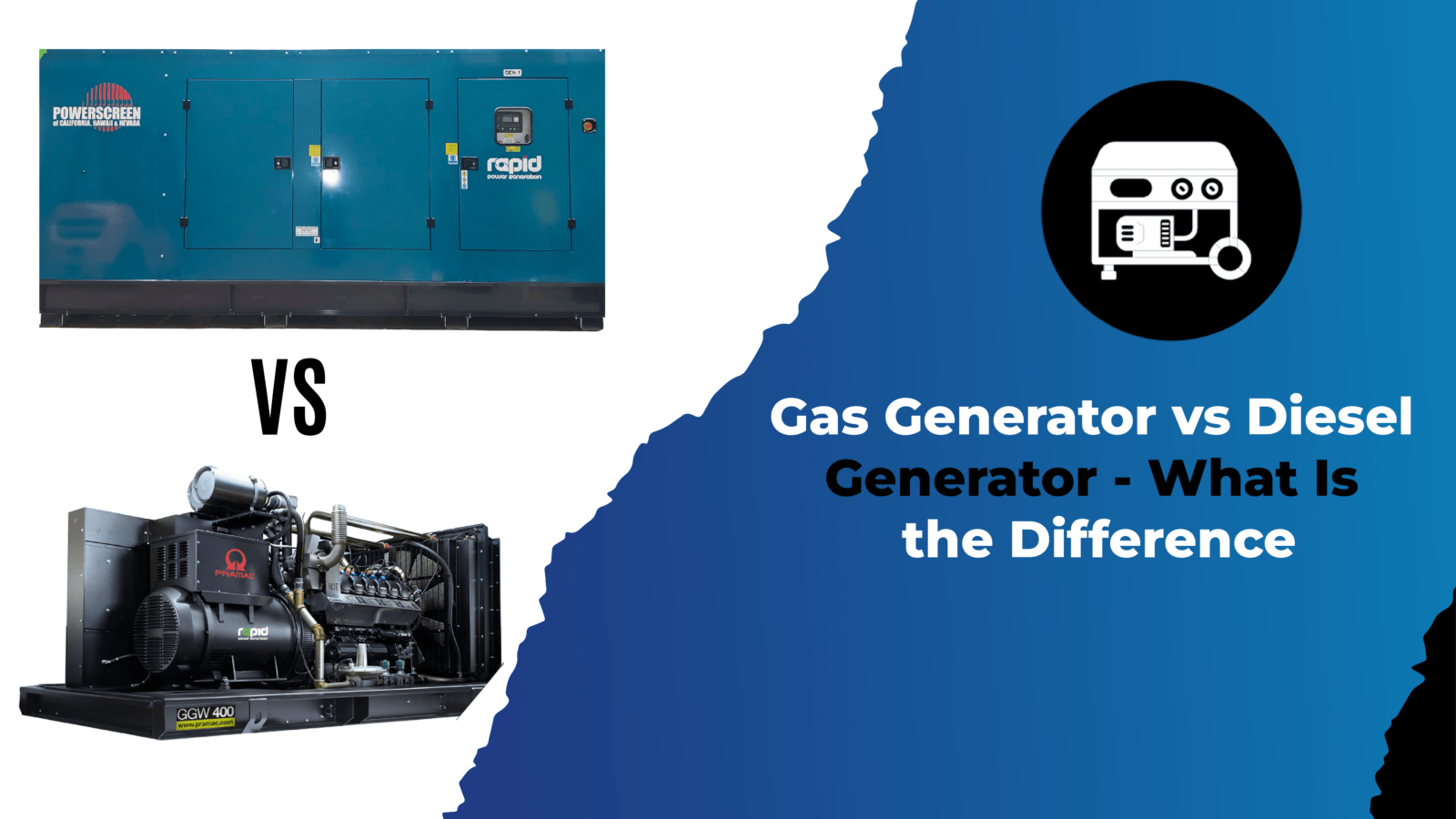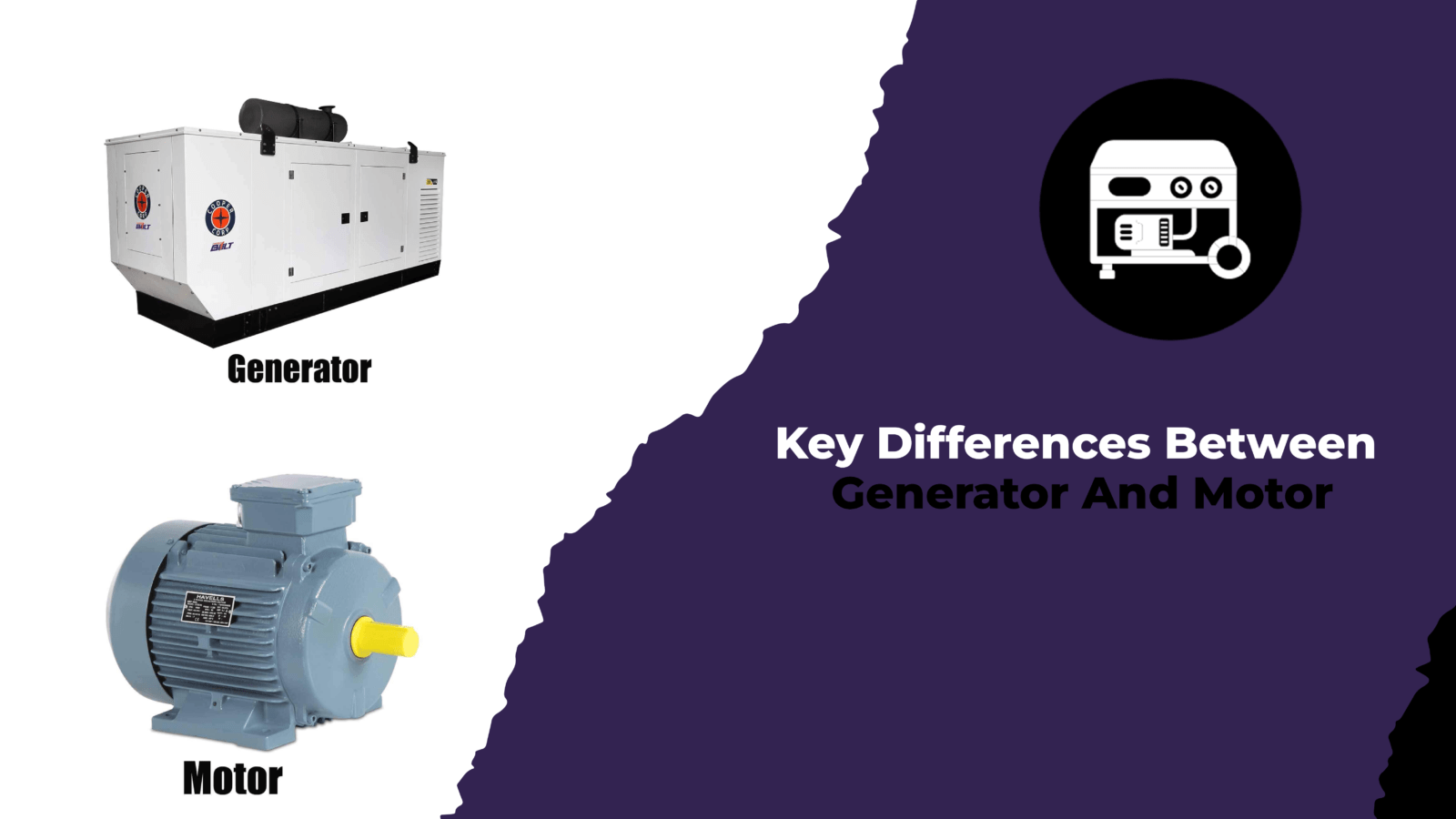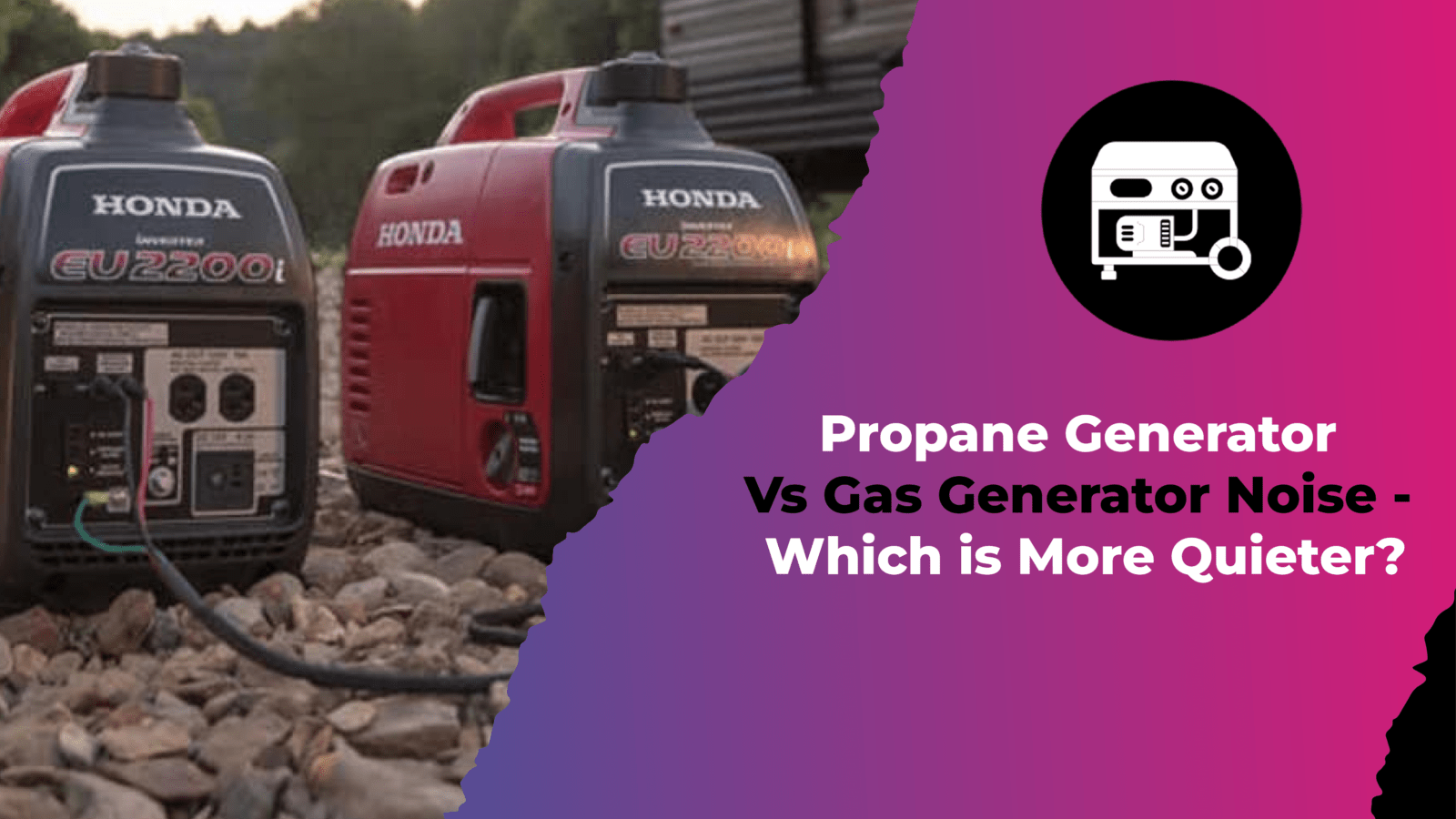When choosing a generator, whether, for primary or backup power, there are two options: diesel or gas generators. Both generator approaches have significant advantages and need a more in-depth examination of the application as well as some personal preference study.
Although both diesel generators and gasoline generators are employed for emergency power generation, they function in quite different ways. The diesel generator is powered by a diesel engine, which converts the energy of the fuel into electrical energy. The gasoline generator is powered by a gasoline engine, which converts the energy of the fuel into electrical energy.
The following is a thorough explanation of the distinction between the two.
Are Diesel Generators Better Than Gas?
To understand why diesel generators are a better option than gasoline generators, consider gasoline as a fuel. Consider your storage options. The flammability of gasoline is higher than that of diesel. Diesel is a safer alternative if you’ll be keeping your fuel in an area with high heat sources or open flames (such as a garage with a workshop) because there’s no chance of it accidentally igniting.
Diesel engines provide superior fuel economy simply because they do not use as much fuel to produce the same amount of power as a gas engine. Old diesel engines are notorious for making a lot of noise. Contemporary models, on the other hand, are not. They are as silent as gasoline engines except when they are idle.
Gas engines may actually make more noise than diesel engines when they are going to full power. Gasoline engines must operate at greater RPMs than diesel engines in order to create enough power while remaining compact. As a result, they make more noise.
Read This: Propane vs Gas Generator
Comparison Between Gas Generator vs Diesel Generator
Gas Generators
A natural gas generator is a common and efficient way to generate electricity. Natural gas, which is one of the most cost-effective and efficient nonrenewable energy sources, may be utilized to operate both emergency and portable generators. In terms of affordability, coal is maybe the only fuel that is less pricey. One of the most serious disadvantages of coal is that it is a huge polluter.
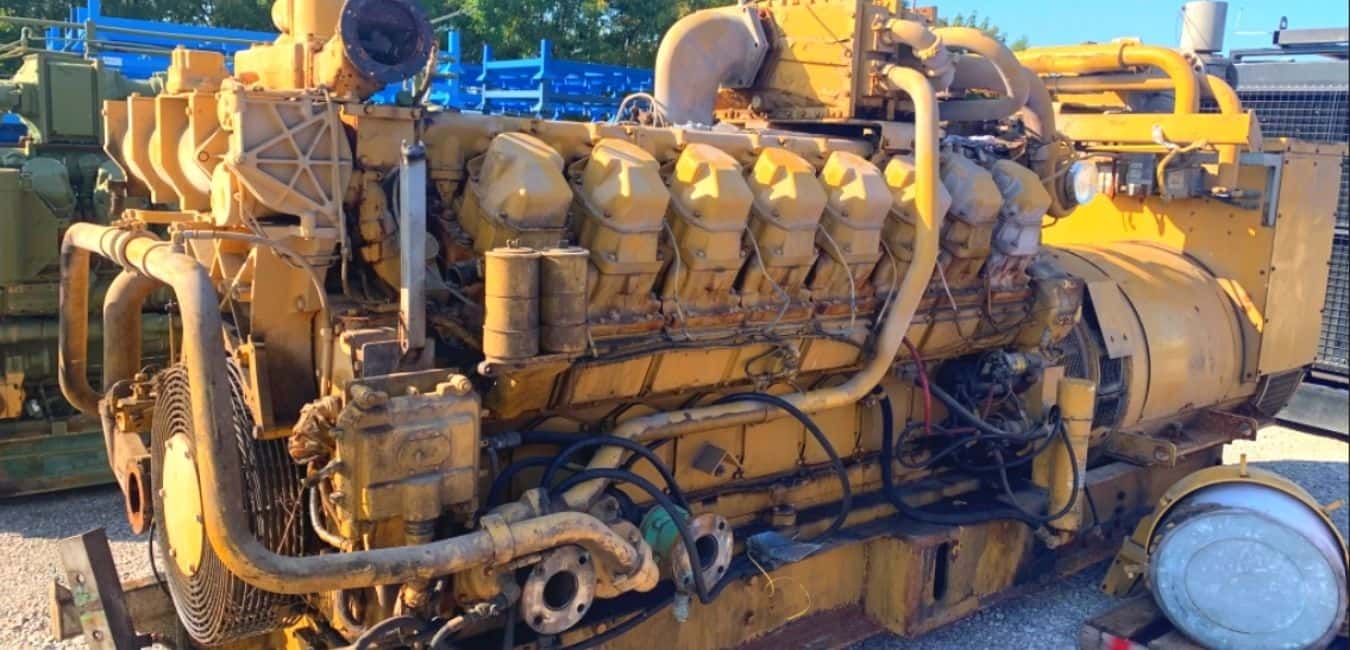
Advantages
- The three most apparent advantages of utilizing natural gas as a fuel to power your generators are that it is cleaner, less expensive than alternative nonrenewable fuels, and far more efficient.
- In comparison to oil and coal, sulfur, nitrogen, and carbon dioxide (greenhouse gas) emissions are far lower. As a result, when used, natural gas is one of the cleanest fossil fuels.
- Another benefit of natural gas generators is that they do not emit a strong odor, which is frequent in generators fueled by oil or diesel.
Disadvantages
- More expensive to operate – Produce more carbon dioxide, a greenhouse gas.
- In addition, natural gas is a finite or non-renewable energy source.
Check It: Generator Vs Inverter Which One Is Best?
Diesel Generators
Diesel generators are power sources that run on diesel. These are generally composed of two fundamental components: a diesel engine and an electrical generator. Diesel generators can be used to power facilities that are not connected to the power grid or as a backup in the event of a power outage. Diesel generators are also employed on ships as a source of energy as well as for propulsion.
Diesel generators are often used as backup power sources in the event of a power outage. Diesel generators, which are available in single and three-phase configurations, may be utilized not only in large organizations but also in homes and small workplaces.
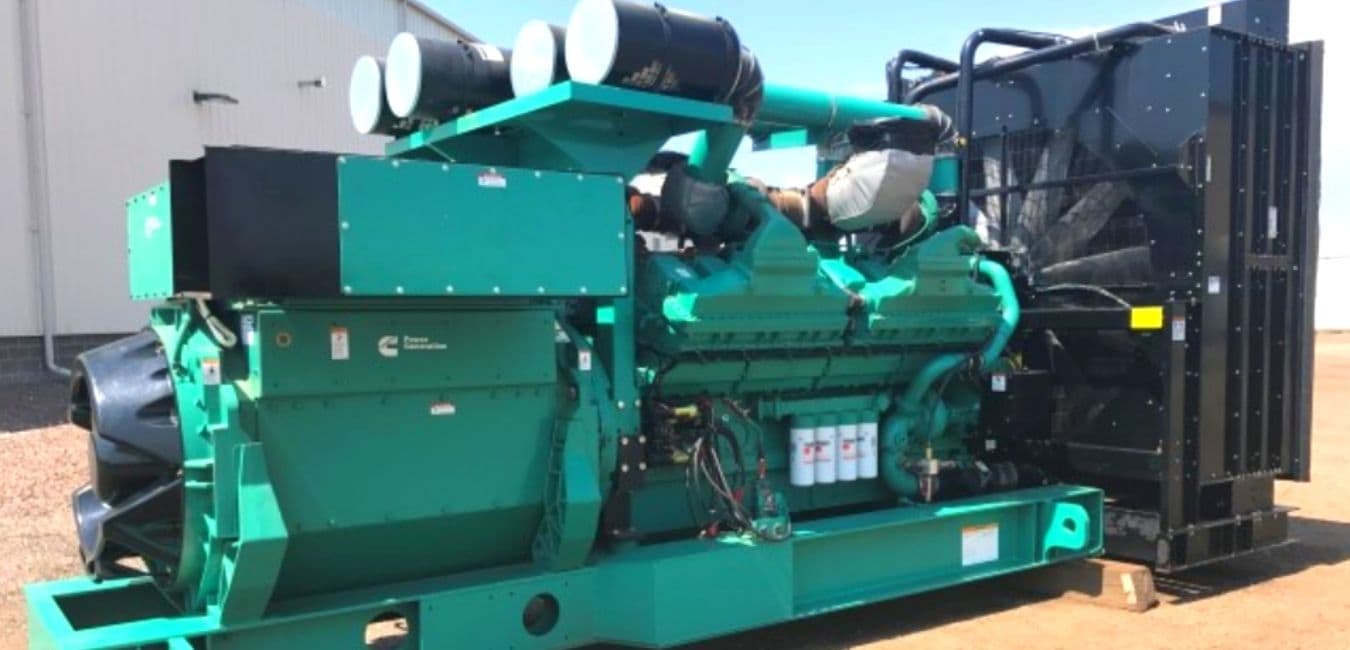
Advantages
- When compared to a gasoline-powered generator, a diesel generator is significantly more efficient for the following reasons:
- Modern diesel engines are vastly improved versions of older types that were a nuisance owing to excessive noise and demanding upkeep.
- Diesel engines are far more durable and dependable.
Disadvantages
- One important downside of a diesel generator is that it may be rather pricey when compared to other types of generators.
- Noise has long been a problem with diesel generators.
Check More: Dual Fuel VS Gas Generators
Difference Between Diesel And Gas Generator
Here are some key distinctions between diesel and gasoline generators:
Fuel consumption
The cost of running diesel generators is lower. Diesel generators consume less fuel than gasoline generators, and diesel is often less expensive.
Power production
Generators that operate on diesel are more efficient than generators that run on gasoline. When the compression ratios of the two types of generators are compared, this becomes clear. The compression ratio of a gasoline engine is between 8:1 and 12:1, whereas the compression ratio of a diesel engine is between 14:1 and 25:1.
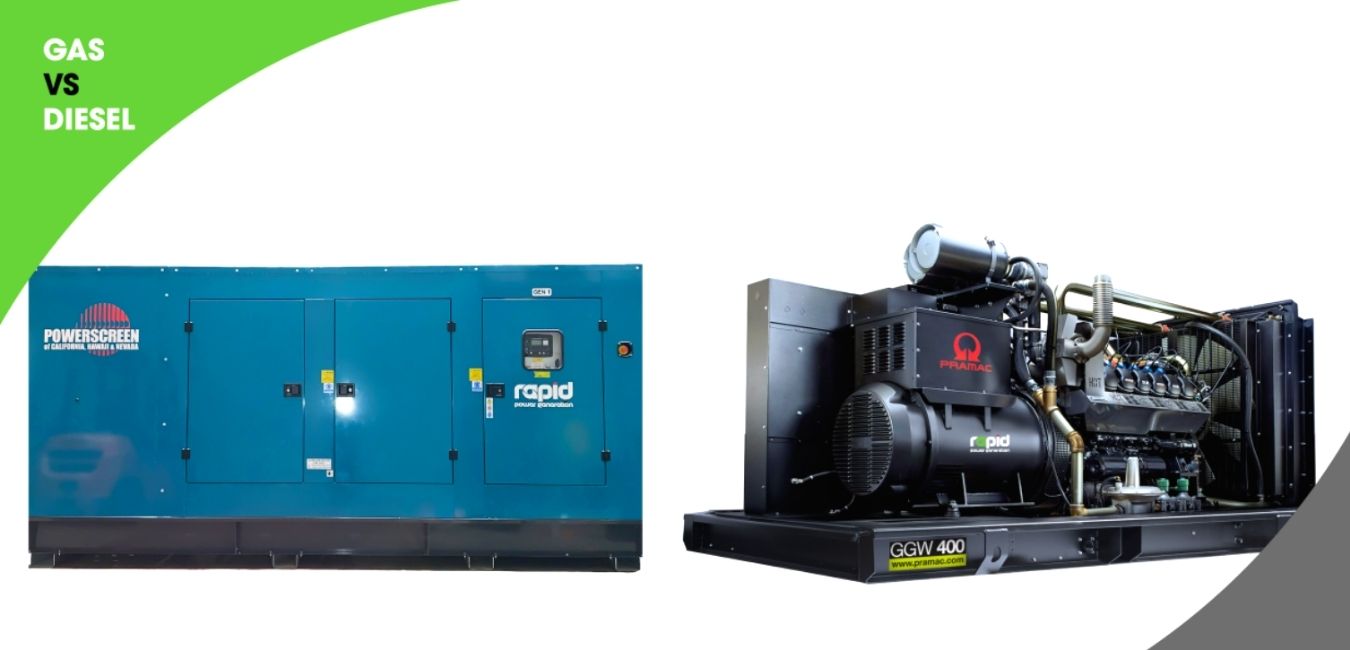
Cold weather start
A diesel engine does not have a spark plug. The fuel is combusted and ignited by the air compression in the cylinder. A diesel generator has a tough time starting in cold weather, but this may be avoided by installing a glow plug to assist the engine rev up. On the other hand, gasoline engines start easily regardless of the weather.
Durability
Compared to gasoline generators, diesel generators require less maintenance. The longer a gas generator runs, the hotter it becomes. This is not an issue with diesel generators.
In the end, many customers choose diesel generators over gasoline generators due to their inherent benefits.
How much diesel does a generator use per hour?
Diesel generators are a less popular type of generator, although they are more fuel-efficient than propane and gasoline alternatives. A 20-kilowatt diesel generator consumes around 1.6 gallons of fuel every hour.
Is Diesel Cheaper Than Gas?
Diesel and gasoline are around the same price for most Americans. Diesel can sometimes be more expensive than gasoline, yet it can also be less expensive than gasoline. Even if you pay more for diesel fuel, a diesel engine will still provide better fuel efficiency throughout the life of the car.
Gas generator vs Diesel Generator – FAQs
To Sum Up
Natural gas and diesel generators each have their own set of benefits and drawbacks. With the introduction of newly developed fuel sources, such as biodiesel, these new fuels are becoming less harmful to the environment and air quality, more efficient in the way these new energy sources are burned to generate the power required, and saving you money on future operating and maintenance costs.


